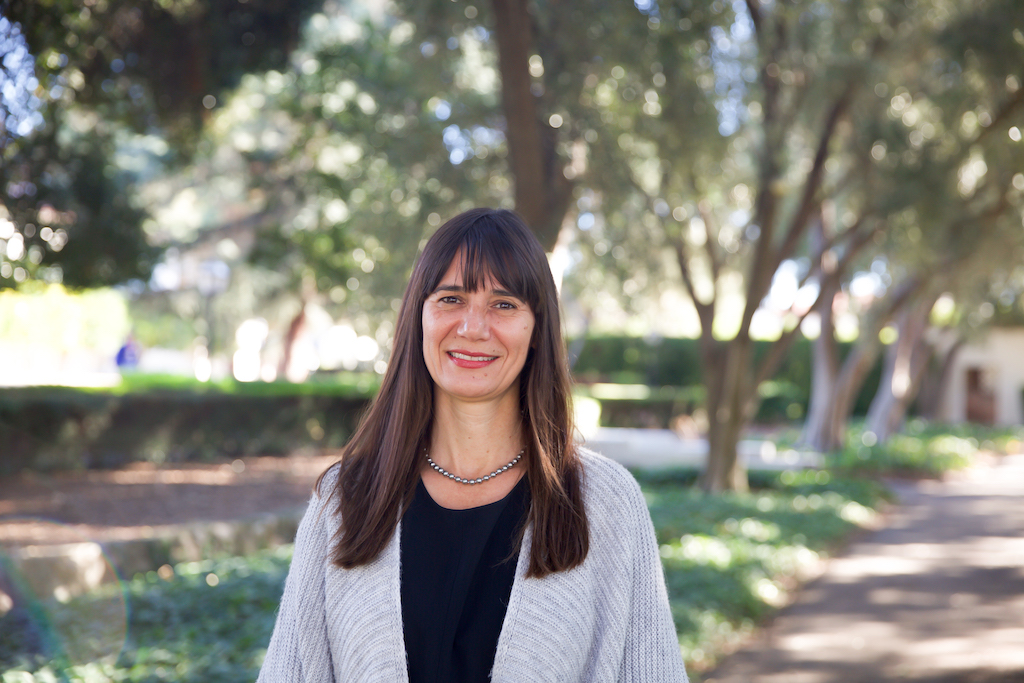By Emily Glory Peters

Director of Gift Planning Teresa Wilmott shares that leaving something for Scripps students is simpler than you think.
Planned gifts—also often called estate or legacy gifts—from Scripps College alums, parents, and friends have long helped the College expand since its founding in 1926. Put simply, explains Scripps’ Director of Gift Planning Teresa Wilmott, planned gifts are donations you designate to Scripps College after your lifetime. At first glance, they may appear to be a consideration made later in life, and only by the very wealthy. In reality, says Wilmott, planned gifts are one of the most financially accessible ways to make a serious impact for future students—especially if you currently aren’t able to make an outright gift.
Easy giving options for the gift planning beginner
For those unfamiliar with gift planning, all of the tax and legal language can feel overwhelming. Understanding the basic ways to make a gift is a good place to start.
“Plenty of people may not own a home, have a big savings account, or have a will in place yet, but they can still give by adding Scripps as a beneficiary through their life insurance, IRA (individual retirement account), or their retirement plan at work. We call these planned gifts, too,” says Wilmott. She finds this approach to be a popular option as it’s easy to do and doesn’t require an attorney or a will.
“A lot of donors in their twenties, thirties, and forties start their planned giving this way,” she says. “It’s a great approach for young people to start thinking about how they can support missions they care about for the long term,” she says.
Planned gifts also have the ability to simultaneously benefit both the donor and Scripps. A charitable gift annuity, for example, can be created when you make a donation to Scripps that the College invests through the endowment on your behalf. As that investment earns revenue, Scripps pays you an annual amount every year, and any funds that remain after you’re gone go back to the College.
“A recent gift of $25,000 through a charitable gift annuity is now being used for scholarships,” says Wilmott.
Of course, adding a line to your will is still the most common and straightforward way to make a planned gift—the College even has sample language you can use to help you get started. For those unsure of the amount they’d like to leave or simply have other beneficiaries to consider, Wilmott notes that donors don’t have to specifiy a dollar amount.
“Leaving a percentage instead of a lump sum is a good option if you want to prioritize providing for your family and friends first after you’re gone, but would like to support the Scripps community in some way.” she says.
Investing in the future of women’s leadership
While gift planning has its unavoidably sobering moments, it’s also an opportunity to maximize your long term impact on women’s advancement. As planned contributions make up some of the College’s largest donations, such as a recent $8 million gift from an anonymous alum, they are the traditional pillars that have helped Scripps build stability and support an even greater number of students through its endowment.
“These gifts are so important, because revenue from the endowment helps support everything that fees and tuition don’t cover to aid in student experience,” says Wilmott. But planned gifts can be any size, she adds, and may be designated to areas outside of the endowment, too.
Many planned gifts also support The Scripps Fund, which aids the College’s essential operations and touches every student on campus. Rather than invested, these gifts are used right away for critical resources they need, like financial aid, internship grants, and more. “Any amount can be considered a planned gift to our students—it’s whatever bit you want to set aside for their future,” Wilmott says.
Starting the gift planning conversation doesn’t need to be complicated. It begins with a simple discussion to explore how your interests and the College’s mission can align.
“I think I have one of the best jobs in fundraising because I help people create their legacy,” Wilmott says. “It’s incredibly rewarding.”
Please note that the information on this website is not intended as legal or tax advice. For such advice, please consult an attorney or tax advisor. To support our students with a planned gift, start the conversation by emailing [email protected] or visiting our gift planning page here.

